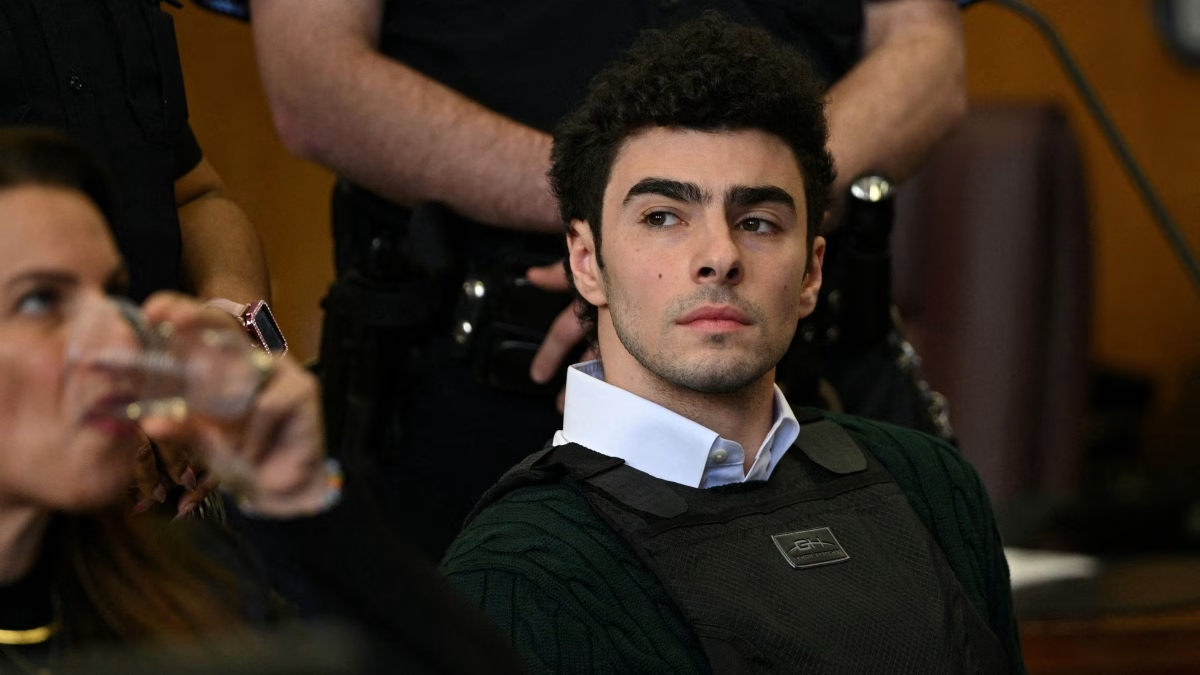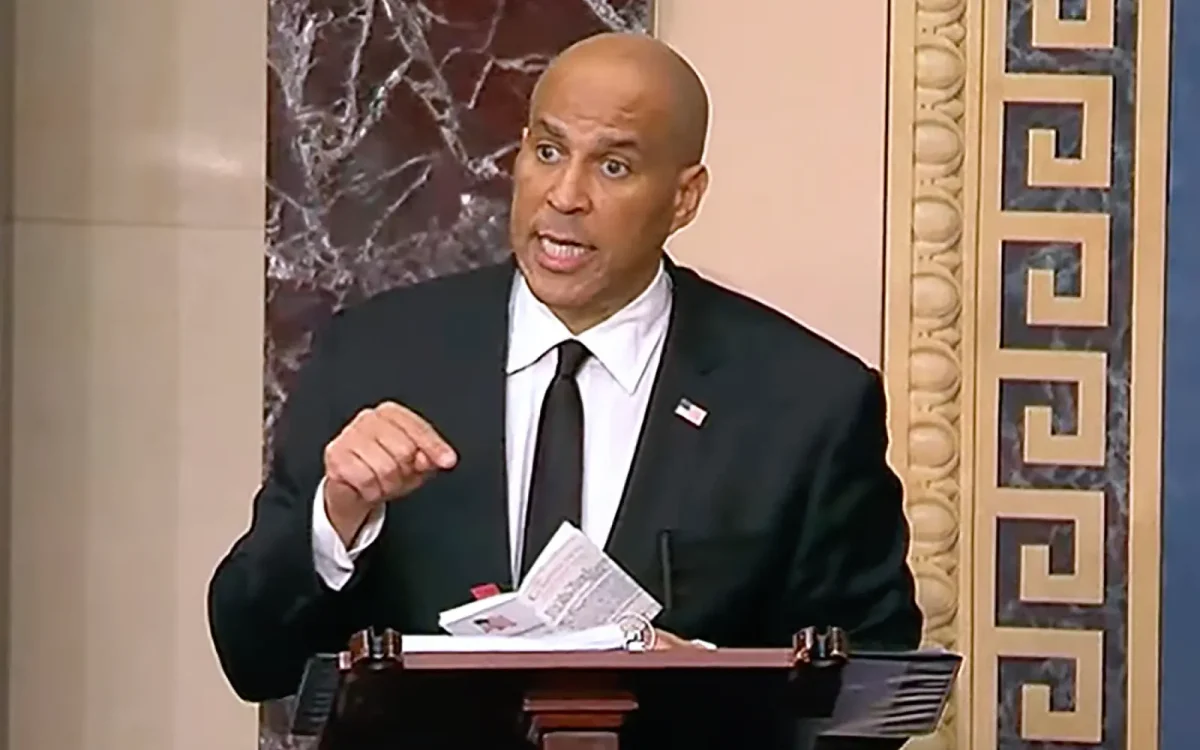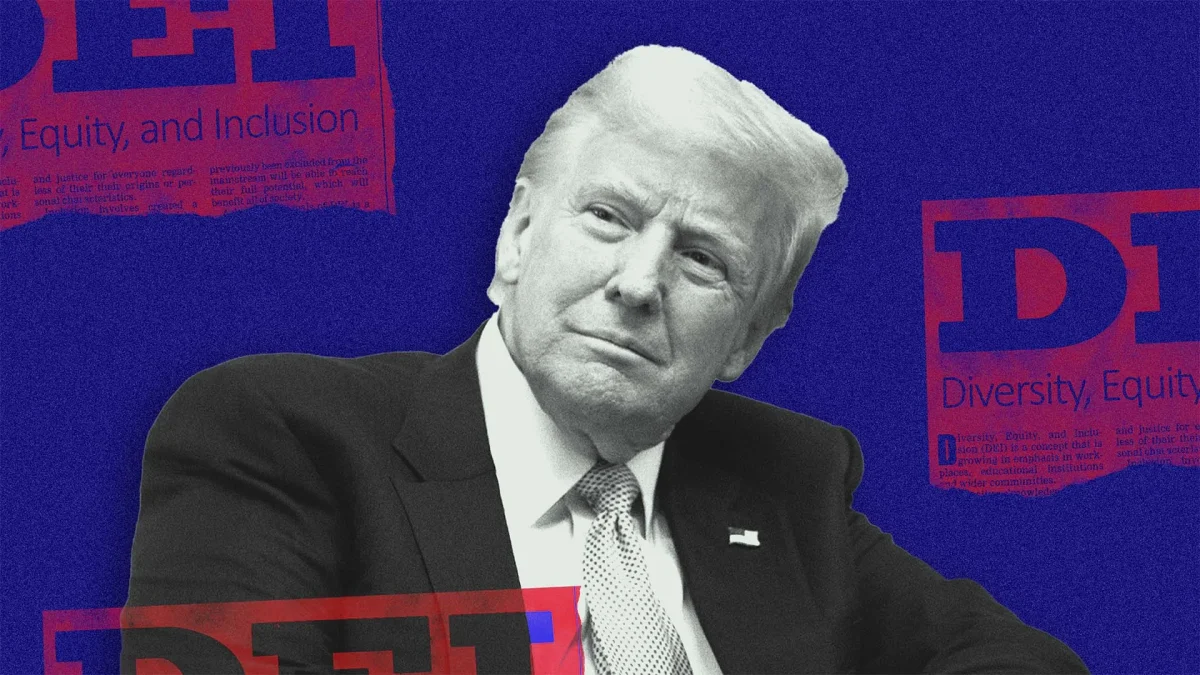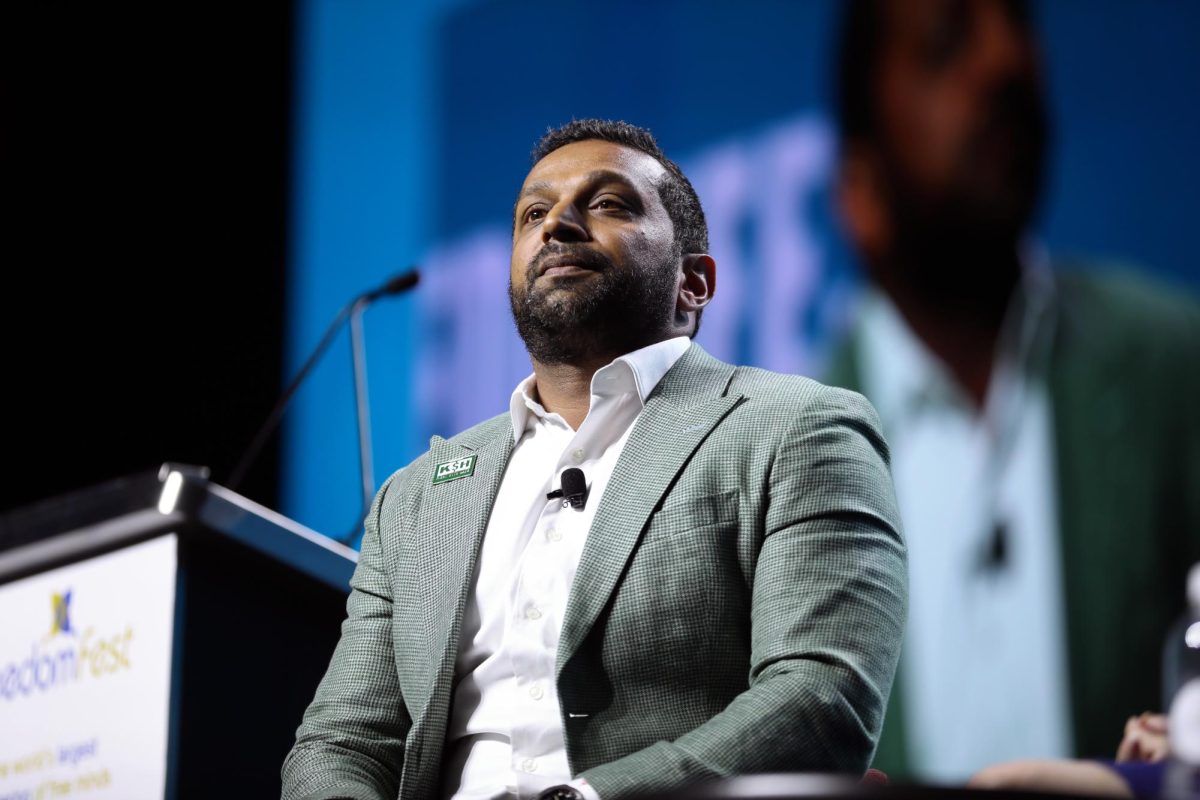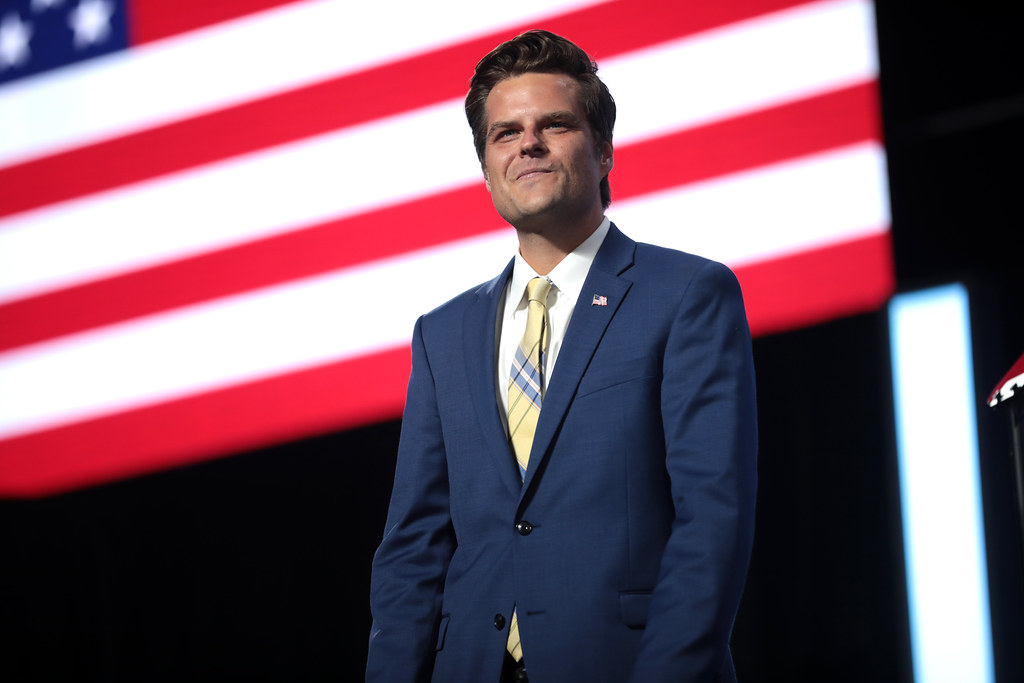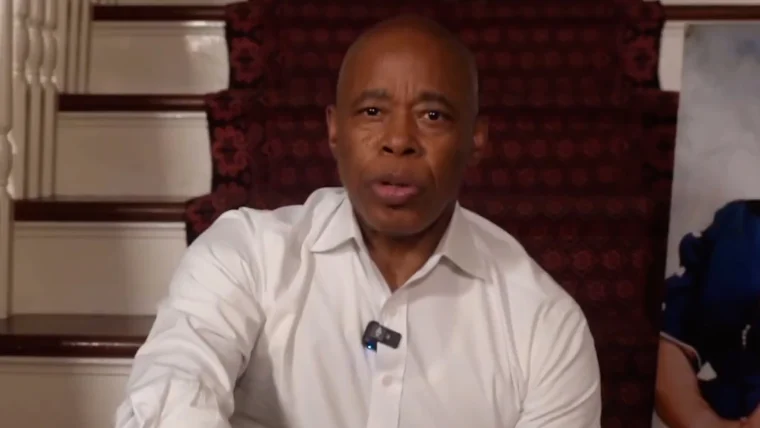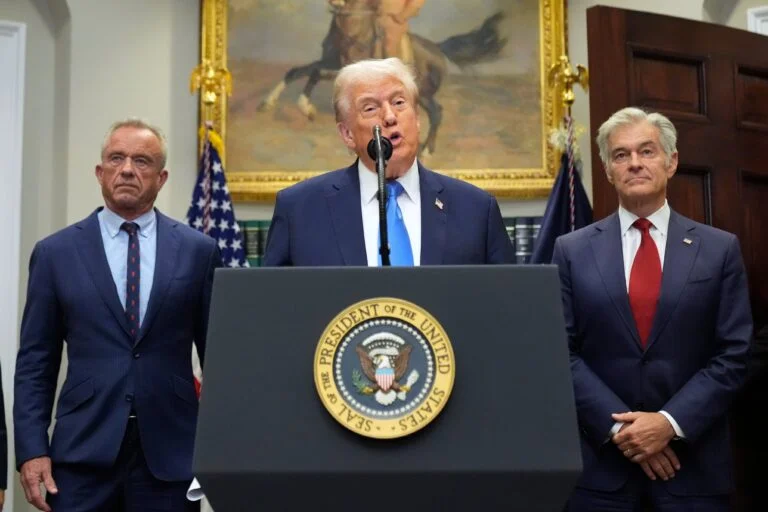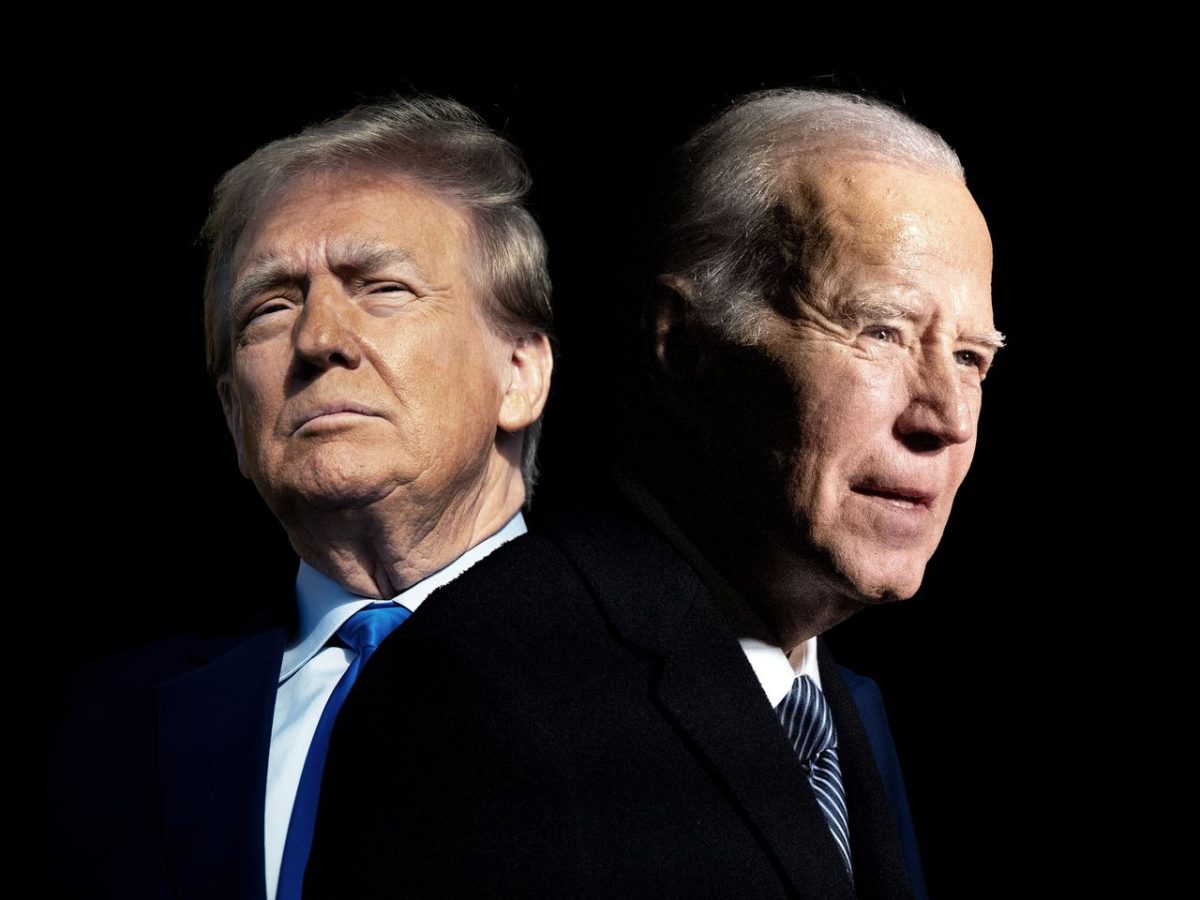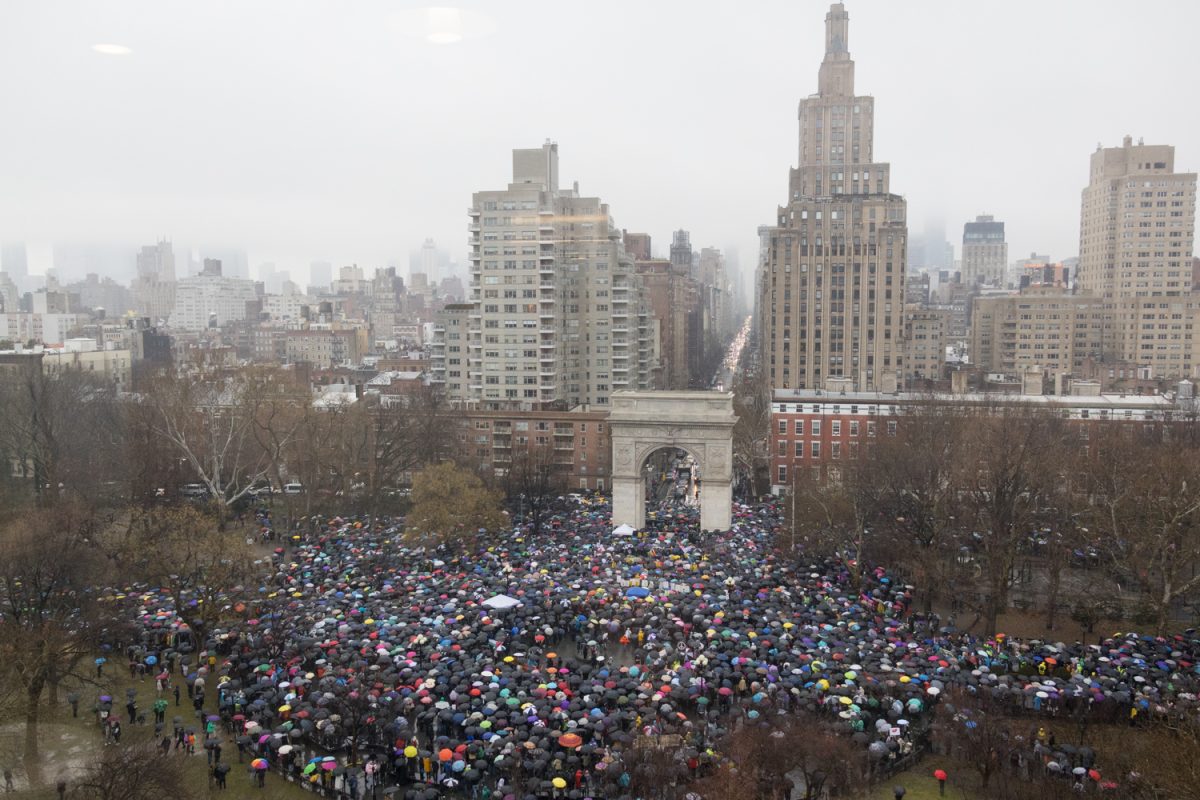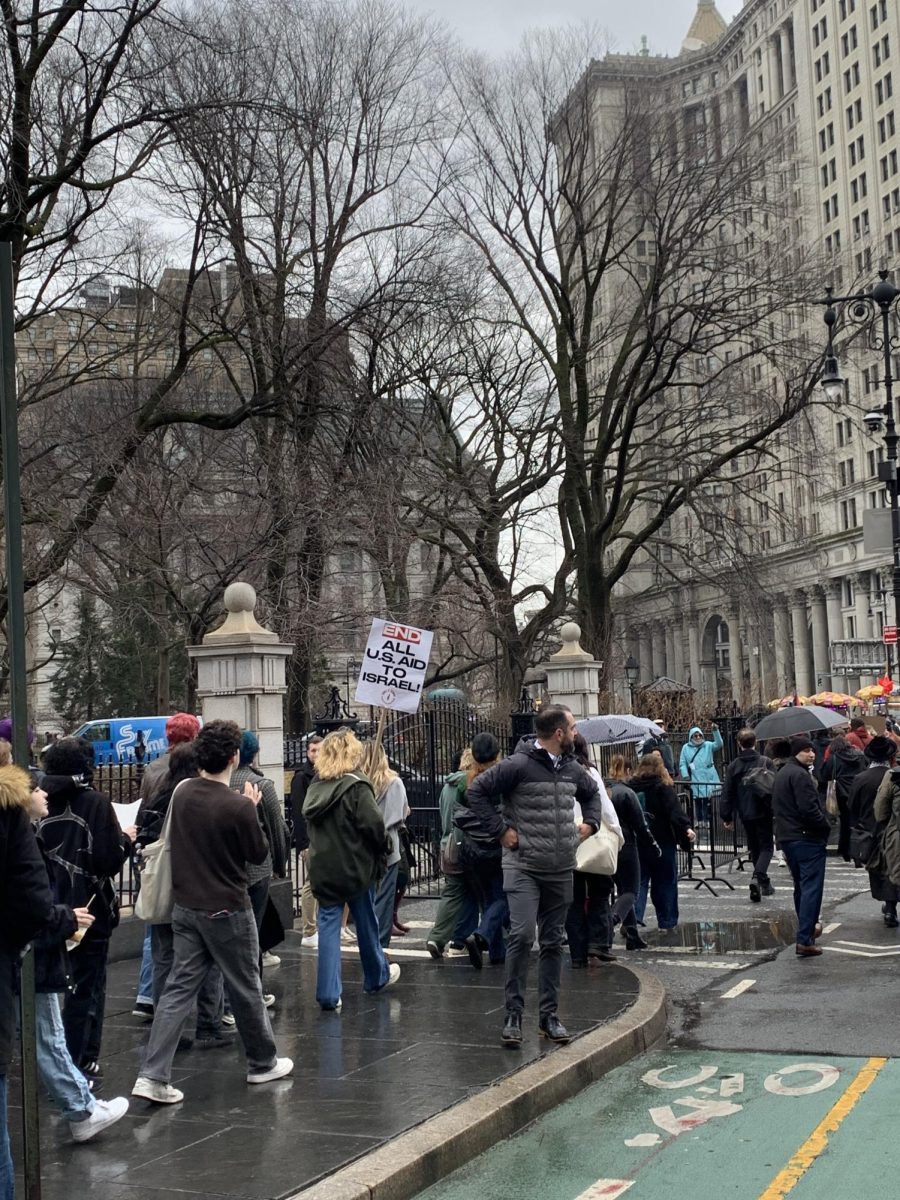On Oct. 31, the House of Representatives took a crucial vote on whether to endorse the impeachment inquiry into President Donald Trump. The vote ended in a total of 232–196, endorsing the inquiry, and pushing the undergoing process into its next steps. The detailed results of the vote were fairly predictable, in that the majority of Democrats voted in favor of the inquiry and every Republican voted against. All but two Democrats went against their partisan beliefs and voted against the inquiry. This vote not only transitions the impeachment process into its next phase but also opens the process up to far more public scrutiny, as individual House of Representatives members pick and choose their side of the debate to stand on.
A University student, who asked to remain anonymous due to their citizenship, stated, “With the current administration I feel like nothing is impossible and Trump has been able to jump through so many hoops already. Deep down I hope it goes through because his time in office has been a nightmare, but unfortunately, it’s starting to look like a nightmare we will never wake up from,” regarding the impeachment process.
With the vote also comes solidified guidelines as to how the inquiry is to carry out from this point forward. In an act quite unlike any other impeachment inquiry, the entirety of the House Intelligence Committee was assigned with official investigative and fact-relaying duties rather than one sole independent investigator. Public hearings throughout the inquiry were also mandated, anticipated to cause consistent controversy once underway and to be another aspect allowing leeway for ample public involvement. “Those of us covering this have been obsessed with public hearings and what a spectacle they’ll be,” says Julie Davis of the New York Times.
In weeks prior to this vote, the pandemonium surrounding the impeachment process has done anything but subsided. For those unaware, President Trump is currently being investigated after a whistleblower complaint revealed a disconcerting private phone conversation between Trump and Volodymyr Zelensky, the President of Ukraine. According to since-released transcripts, the call consisted of Trump asking Zelensky of a “favor”—to investigate Joe Biden’s son who has been rumored of corrupt activity on boards of multiple international companies, Ukraine included. It’s been viciously up for debate whether this favor should be considered a “quid pro quo,” which is a favor or payment in return for the same, as it’s been reported that Trump has been withholding military aid payments from Ukraine that the country is long overdue for. Since the introducing of the term “quid pro quo,” the word has been thrown around in the media frantically and vehemently denied by Republicans, most of all Trump. “You will see it was a very friendly and totally appropriate call,” Trump writes on Twitter. “No pressure and, unlike Joe Biden and his son, NO quid pro quo!”

In more recent developments, however, it’s been reported that Lt. Col. Alexander Vindman, the top Ukraine expert on the National Security Council, told investigators that he, too, had heard the phone call between the two presidents, and testified that there was certainly a sense of quid pro quo in the duration of the phone call. As this news only broke a day before the House of Representatives vote, there is still more to come on Vindman.
Despite these arising accusations that can potentially lead to long-awaited clarity, both Trump and Republicans still strongly reject the idea that any quid pro quo was involved in the phone call. The Republican party generally finds the inquiry so redundant that even members of Congress began hosting assertive protests of their own. On Oct. 23, almost two dozen Republican members of Congress stormed a private testimony between a Pentagon official and investigators, hindering the process of this particular meeting. While the situation was eventually diffused, this specific predicament threw gasoline on the already-raging flame of Democrat/Republican differences over the impeachment process.
The core reason for this abrupt storming, according to the aforementioned Republicans, was the fact that testimonies pertaining to the impeachment process have strictly been held privately. This standard practice upset many of the members of the Republican party, creating a feeling of alienation from the information being discussed. This resulted in a newfound regulation that requires hearings for the remainder of the impeachment process to be public. It also launched a process of releasing transcripts of the previously conducted testimonies.
Davis of the New York Times strongly advised paying close attention to the transcripts, as she feels they will be glossed over due to the upcoming public hearings. “When you get that volume of black and white evidence for the whole public to see, that hasn’t been spun, it’s going to be really compelling,” she claims.
Although Congress will be taking a week-long break following the House vote, these next couple of weeks are expected to be hectic. On Monday, Nov. 4, investigators are scheduled to speak with John Eisenberg, the top lawyer on the National Security Council, Michael Ellis, Eisenberg’s deputy, and Robert Blair, an aide to the acting chief of staff. On Tuesday, White House budget official Michael Duffey is scheduled to testify. On Wednesday, investigators are trying to get a hold of T. Ulrich Brechbuhl, a State Department advisor and close cooperative of Secretary of State Mike Pompeo.
Thursday, however, can be considered the “big day”—investigators are hoping to speak with former national security adviser John Bolton. Bolton is the closest person to Trump to potentially yet, and his departure from the White House was abrupt, leaving him and Trump on shaky terms. If this investigation leaves Bolton less wary of how he treats Trump’s name and reputation, it could make for a far more candid testimony, and therefore a more critical one. Despite Bolton’s lawyer publicly announcing that his client would not appear voluntarily, many are eager to hear how this particular testimony unfolds in the coming week.

